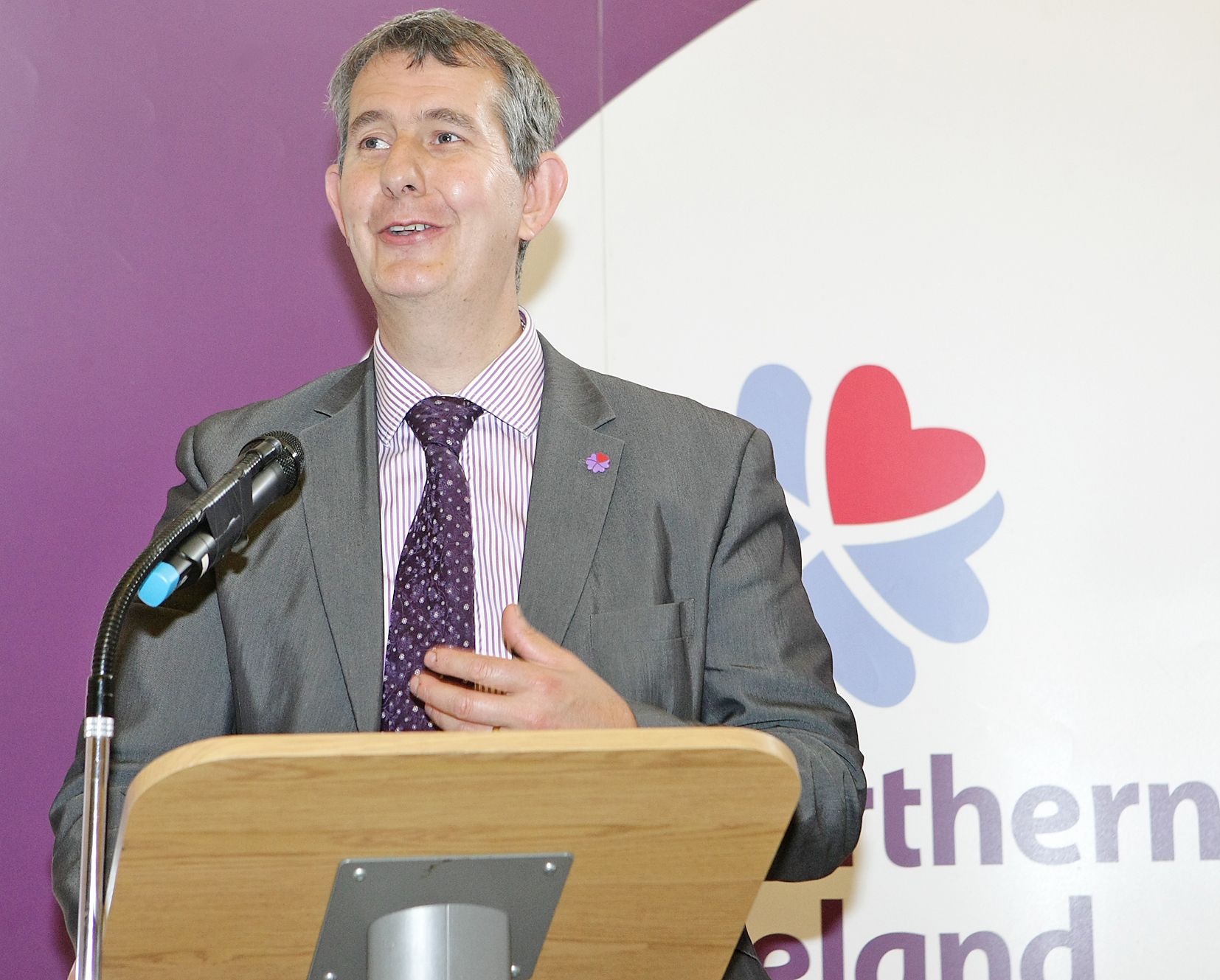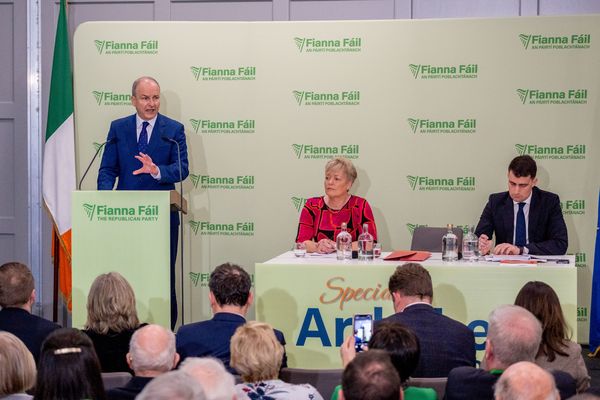THE political response to the latest rise in incidences of Covid-19 on this island has been ill conceived and lacking in coherence.
Two weeks ago, south of the border the once venerated Chief Medical Officer Tony Holohan returned from a leave of absence to care for his ill wife to recommend that the southern 26 counties move to Level 5 restrictions. This advice was leaked, manipulated in the media, dismissed at a cabinet meeting, and to top it all Leo Varadkar trashed the reputation of Mr Holohan on live television. It all left a very bad taste in most decent people’s mouths.
Last night Mr Holohan’s judgement was vindicated as a “national” lock down was announced by a sombre Taoiseach, who in fairness to him acknowledged the weariness of a population, if not taking any responsibility for it.
Of course, the south’s CMO will take no pleasure in that vindication. It means that there are people who will die in the coming weeks who might not had the measures been taken earlier and on his advice. And it means Level 5 will last for six weeks instead of four as was also first recommended.
In the north we have fared little better. As the rates of Covid have soared the political response has been clumsy and faltering. We know that at the heart of this has been the reluctance of the DUP to see any significant measures, and once Westminster announced that they would provide (limited) funding for workers who had to stay at home and businesses forced to close, they had no hiding place, so the four weeks of measures were introduced.
Sadly, almost as soon as the ink was dry on the regulations the briefing against them began.
Edwin Poots’ behaviour would be atrocious if it stopped at not agreeing with the Executive, going public and undermining the decision-making. Ministers should be able to take disagreement and losing an argument on the chin, and if they can’t then resign. Them’s the rules.
But Edwin Poots went further – much, much further. His assertion that rates of Covid were higher in nationalist and republican areas as a result of Bobby Storey’s funeral bore no scrutiny when we consider the first area to have restrictions imposed was Ballymena, a place that’s unlikely to pay a lot of attention to republican activity.
But, of course, he didn’t leave it there; he also associated Mass with republican leaders and talked about their attendance. Breathtaking comments which belie some opinions which belong in the early days of post-partition Ulster.
Most concerning is the silence, not even uncomfortable silence, of his colleagues and his leader. Because the longer that goes on the more we can assume that they agree.
You can be absolutely sure that a mirrored version of those comments being uttered by a Sinn Féin or SDLP minister would meet immediate dismissal. It would not take a week of TV and radio chat to create the environment.
We have enough to face in the coming weeks and months without this pathetic, rancid sideshow. But, for the longer term be under no illusion, this has done damage to the prospects for power-sharing, and makes us revisit the days when we asked ourselves can it ever work?
What’s divisive: taking about Irish unity
— Andrée Murphy (@andreemurphy) October 22, 2020
What’s not divisive: denying women and children the truth of their own experience
This is the legacy of partition on this island








